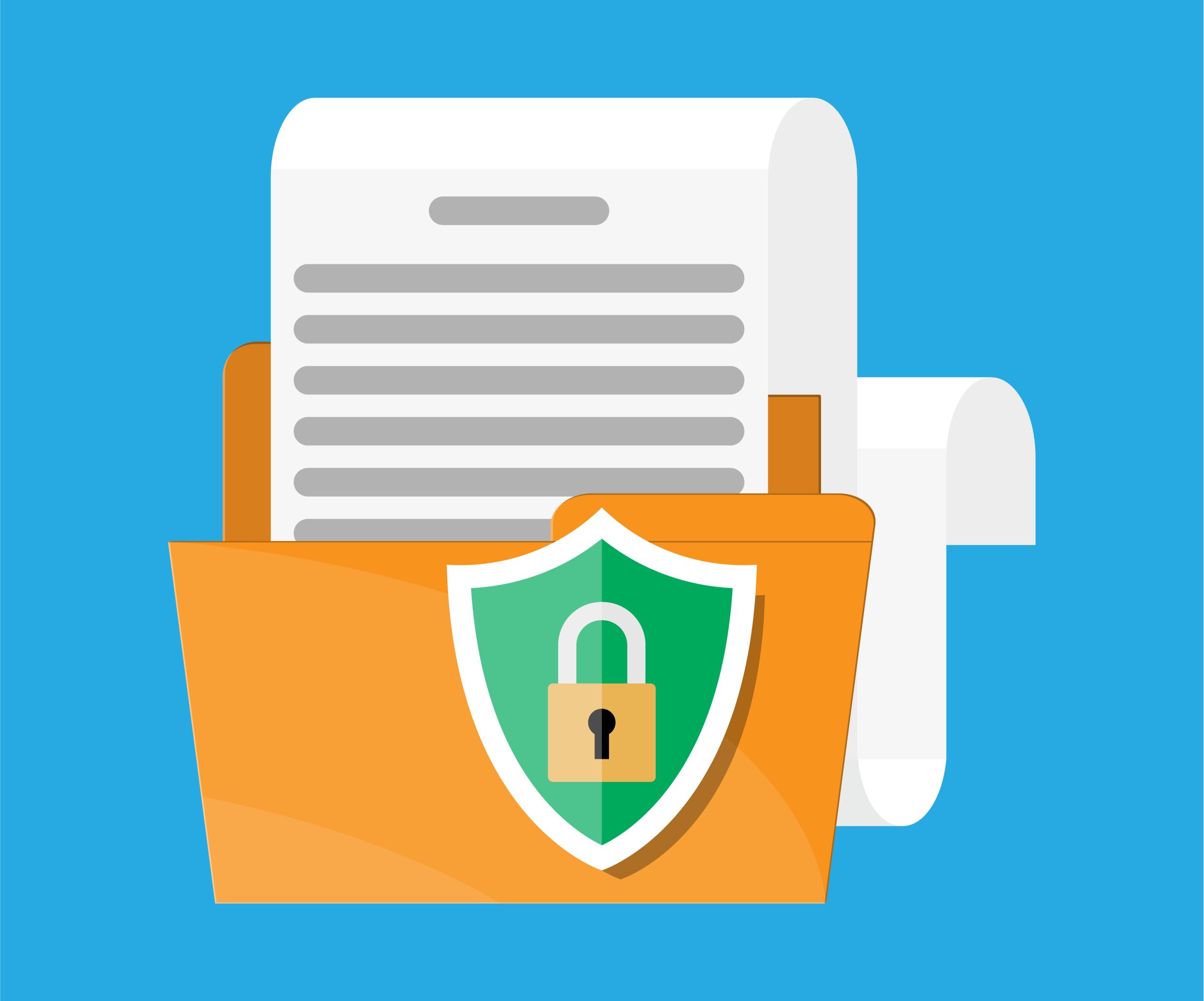Did you know that 43% of cyberattacks target small businesses? A document management system can help protect your business against data breaches and unauthorized access with an array of advanced features designed to keep your confidential data safe. From stringent access controls to document encryption, here’s how a DMS can change the way you protect your sensitive information in the modern office landscape.
1. Access Control: A DMS allows you to define and enforce strict access controls. You can determine who has access to specific documents or folders, ensuring that only authorized personnel can view or edit sensitive data.
2. User Authentication: Users are required to authenticate themselves when accessing the DMS. This can include username and password combinations, multi-factor authentication (MFA), or biometric authentication, adding layers of security.
3. Encryption: Documents stored within a DMS are often encrypted, both in transit and at rest. This encryption helps protect data from unauthorized access, even if someone gains physical access to the server.
 4. Audit Trails: Document management systems maintain detailed audit trails that record who accessed, modified, or deleted documents and when these actions occurred. This transparency discourages unauthorized activities and helps identify security breaches.
4. Audit Trails: Document management systems maintain detailed audit trails that record who accessed, modified, or deleted documents and when these actions occurred. This transparency discourages unauthorized activities and helps identify security breaches.
5. Version Control: Document versioning ensures that changes are tracked, and previous versions are stored. This can be crucial for regulatory compliance and preventing unauthorized alterations.
6. Secure Sharing: A DMS facilitates secure document sharing by allowing users to share files or folders with specific permissions. This prevents accidental data exposure and ensures that sensitive documents aren’t shared with the wrong people.
7. Data Backups: Automatic data backup and disaster recovery features ensure that even in the event of hardware failures or data breaches, critical information can be restored.
8. Role-Based Permissions: With a DMS you can assign roles with specific permissions to users. For example, you can have “read-only” users who can view documents but not make changes, or “admin” users with full access.
9. Compliance Management: DMS can assist in compliance with industry regulations and standards such as HIPAA. It helps ensure that data handling practices align with legal requirements.
10. Document Lifecycle Management: DMS systems can automate document retention and disposal, ensuring that sensitive data is securely destroyed when it’s no longer needed.
A document management system serves as a robust shield for your business against the ever-growing threats of data breaches and cyberattacks. By providing stringent access controls, robust user authentication, encryption, detailed audit trails, and other advanced security features, a DMS not only safeguards your sensitive information but also ensures compliance with industry regulations. Embrace the power of a DMS to secure your data’s integrity and confidentiality and safeguard your business’s future against potential risks and uncertainties.
About Modern Office Methods (MOM)
Modern Office Methods has helped businesses navigate their document challenges for over 60 years. They offer Production Print Solutions, Managed Print Services, Software Solutions and IT Services to help enhance their customers’ business processes while reducing expenses.
For the latest industry trends and technology insights visit MOM’s main Blog page.



Leave A Comment
You must be logged in to post a comment.